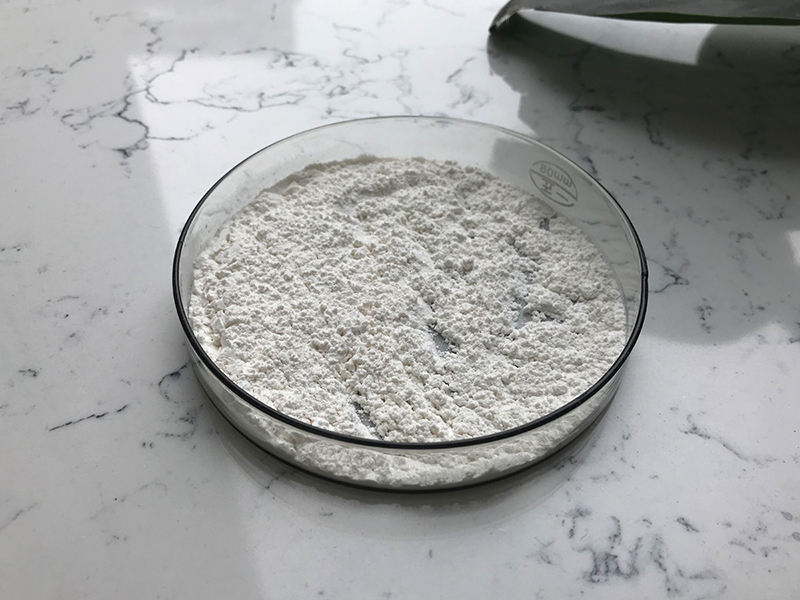L-Tryptophan is an essential amino acid, meaning the body cannot produce it and must obtain it from food sources. It has several important functions and effects in the body, particularly in the synthesis of various biochemicals. Here’s a breakdown:
Key Functions and Effects of L-Tryptophan:
1. Precursor to Serotonin:
- L-Tryptophan is the primary precursor for serotonin, a neurotransmitter involved in regulating mood, sleep, appetite, and cognitive function.
- Higher serotonin levels are associated with improved mood and well-being, and tryptophan supplementation has been explored as a potential treatment for depression, anxiety, and sleep disorders.
2. Synthesis of Melatonin:
- Serotonin itself is further converted into melatonin in the pineal gland. Melatonin is the hormone responsible for regulating sleep-wake cycles, so tryptophan’s role is indirectly related to promoting healthy sleep patterns.

3. Niacin (Vitamin B3) Production:
- L-Tryptophan can be converted into niacin (vitamin B3) in the body, though this conversion process is limited and depends on the availability of other nutrients (like iron, riboflavin, and vitamin B6). Niacin plays an important role in energy production and maintaining healthy skin, nerves, and digestion.
4. Mood Regulation:
- Due to its involvement in serotonin production, L-tryptophan can influence mood regulation, and deficiency may be associated with conditions such as depression, anxiety, and irritability.
5. Cognitive Function and Memory:
- The serotonin produced from tryptophan is involved in cognition, learning, and memory. A deficiency in serotonin could potentially affect cognitive performance.
6. Pain Perception:
- Serotonin can influence pain perception, and some studies suggest that L-tryptophan may have a role in reducing the perception of pain, particularly in chronic pain conditions.

7. Appetite Regulation:
- L-Tryptophan plays a role in controlling appetite and food intake. It can help reduce cravings for carbohydrates, possibly by enhancing serotonin levels that influence satiety and mood regulation.
Dietary Sources of L-Tryptophan:
- Animal-Based Sources: Turkey, chicken, eggs, milk, cheese, fish, and beef.
- Plant-Based Sources: Nuts, seeds (like pumpkin and sesame seeds), soy products (tofu, tempeh), oats, bananas, and legumes.
Potential Benefits of L-Tryptophan Supplementation:
- Improved Sleep: Tryptophan supplementation may help those with sleep disorders, including insomnia, by boosting melatonin production.
- Enhanced Mood: It may have potential in managing mild to moderate depression, though more research is needed.
- Reduced Anxiety: Some studies suggest tryptophan may have an anxiolytic effect, helping to reduce symptoms of anxiety.

Side Effects and Considerations:
- Tryptophan in High Doses: While generally safe in moderate amounts, excessive consumption (often in supplement form) can lead to side effects such as nausea, dizziness, and headaches.
- Serotonin Syndrome: In rare cases, particularly when combined with other serotonin-increasing drugs (like antidepressants), high levels of serotonin can lead to serotonin syndrome, a potentially life-threatening condition with symptoms like agitation, confusion, rapid heart rate, and high blood pressure.
Overall, L-Tryptophan is vital for various physiological processes, especially mood regulation, sleep, and cognitive function. However, it should be consumed in a balanced way, particularly if using supplements.
